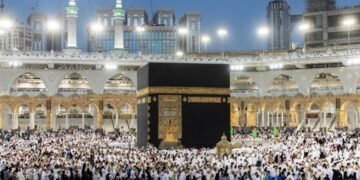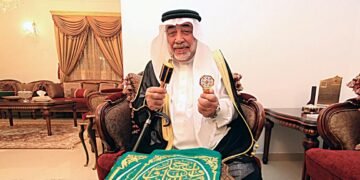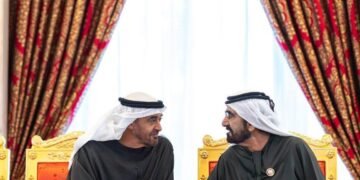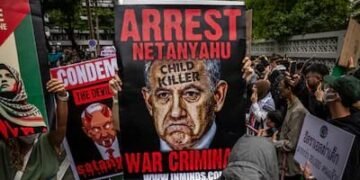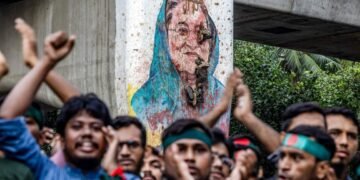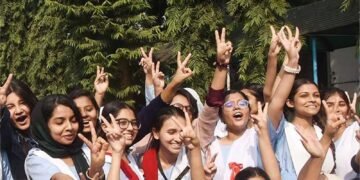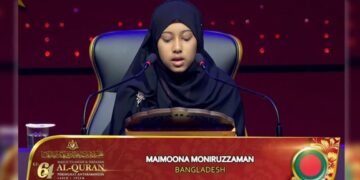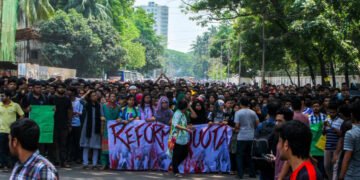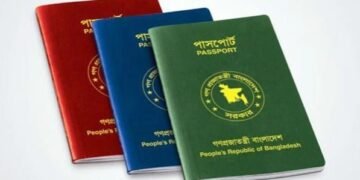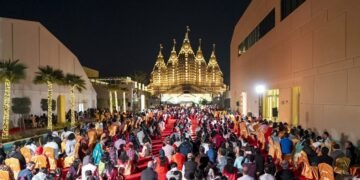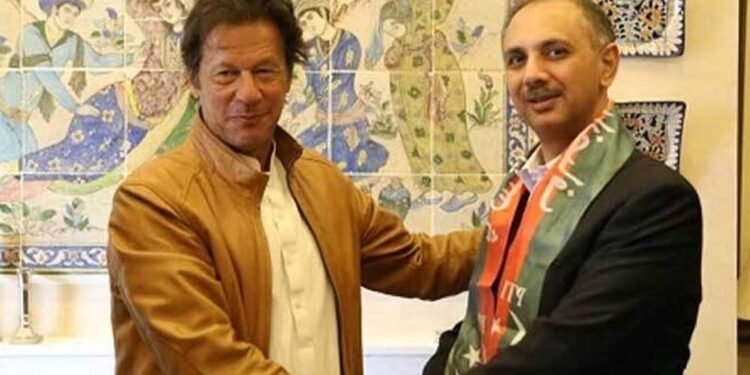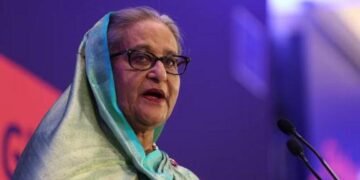After the national elections in Pakistan, the parties are having a lot of problems with the formation of the government as no party got a single majority. In such a situation, former Prime Minister Imran Khan’s political party Pakistan Tehreek-e-Insaf Secretary General Omar Ayub has been announced as the party’s candidate for the post of Prime Minister.
Omar Ayub is the grandson of former military dictator Ayub Khan.
Party leader Asad Qaiser made the announcement after speaking to jailed PTI founder Imran Khan on Thursday (February 15).
Asad Qaiser said that the party will hold demonstrations and protests across the country regarding the rigging of the February 8 elections. PTI founder will announce the date of this protest today.
He said, I was given the task of engaging all the political parties that continued to protest against the election results. The PTI chief directed to campaign against vote rigging in coordination with JUI-F, ANP and QWP among the parties.
Who is Omar Ayub?
Omar Ayub is the grandson of former dictator General Ayub Khan of Pakistan. His father was one of the senior leaders of the Pakistan Muslim League. Gohar Ayub Khan became the foreign minister in Nawaz Sharif’s government in 1997. He was also the Speaker of the National Assembly from 1990 to 1993.
Following his father’s footsteps, Omar Ayub Khan also became an important leader of the Pakistan Muslim League. Omar Ayub Khan served as the Minister of State for Finance from 2004 to 2007 during the regime of former military dictator Pervez Musharraf. In 2018, Omar joined PTI by Imran Khan’s hand. He handled three ministries in Imran’s government.
Note that on Thursday (February 8) the polling of Pakistan’s National Assembly elections was held. After an unprecedented delay, the results of 264 constituencies were announced on Sunday. Independent candidates have won the most 101 seats.
According to the data, 134 seats are required to form the government in the National Assembly. Of the independent candidates who won the election, 93 were PTI-backed by former Prime Minister Imran Khan’s party. After winning 75 seats, Nawaz Sharif’s Pakistan Muslim League (PML) is in the next position. Bilawal Bhutto’s Pakistan People’s Party (PPP) is in the third position after winning 54 seats. Apart from this, MQM won 17 seats and other parties won 17 seats.
As a result, no party could secure an absolute majority to form the government in the National Assembly of Pakistan. So the parties are trying to form an alliance. In particular, the alliance between Nawaz Sharif’s PML and Bilawal Bhutto’s PPP is now ripe. However, the total seats of the two parties are not able to fulfill the condition of meeting the minimum number of seats to form the government.




